What Foods Are Good For Your Eyes? Eating the right foods is crucial for maintaining good vision, and FOODS.EDU.VN is here to guide you. Discover how incorporating specific nutrients into your diet can significantly improve eye health and protect against age-related vision problems. Explore the power of nutrition for healthy vision, including the benefits of balanced meals and eye-friendly snacks that support clear sight.
1. Why Is Nutrition Important for Eye Health?
Nutrition plays a vital role in maintaining eye health. Consuming a balanced diet rich in vitamins, minerals, and antioxidants can protect your eyes from damage and reduce the risk of developing age-related macular degeneration (AMD) and cataracts. According to the American Academy of Ophthalmology, specific nutrients like lutein, zeaxanthin, and omega-3 fatty acids are particularly beneficial for eye health. Eating foods rich in these nutrients ensures your eyes get what they need to function optimally.
2. What Are the Best Foods Rich in Omega-3 Fatty Acids for Eye Health?
Omega-3 fatty acids are essential for eye health, helping to reduce the risk of dry eye syndrome and macular degeneration. The best sources include fatty fish such as salmon, tuna, and mackerel.
- Salmon: Rich in DHA, a type of omega-3 fatty acid crucial for retinal health.
- Tuna: Provides both DHA and EPA, supporting overall eye function.
- Mackerel: An excellent source of omega-3s, contributing to reduced inflammation and improved vision.
According to a study published in the American Journal of Clinical Nutrition, individuals who consumed higher amounts of omega-3 fatty acids had a lower risk of developing AMD.
3. How Do Raw Red Peppers Benefit Eye Health?
Raw red peppers are packed with vitamin C, an antioxidant vital for maintaining healthy blood vessels in your eyes. Vitamin C helps lower the risk of cataracts and supports overall eye health.
Other excellent sources of vitamin C include:
- Strawberries: Offer a sweet way to boost your vitamin C intake.
- Cauliflower: Provides a hearty dose of vitamin C and fiber.
- Bok Choy: A leafy green that’s both nutritious and versatile.
A study from the National Eye Institute found that vitamin C, when combined with other nutrients, can reduce the risk of AMD progression.
4. Why Are Seeds Good for Eye Health?
Seeds are excellent sources of omega-3 fatty acids and vitamin E, both of which are beneficial for eye health. They help protect your eyes from oxidative stress and reduce the risk of age-related vision problems.
- Chia Seeds: High in omega-3s and fiber, supporting overall health.
- Flax Seeds: Provide essential fatty acids that help maintain eye moisture.
- Hemp Seeds: A complete protein source rich in omega-3s and vitamin E.
According to research in the Journal of the American College of Nutrition, vitamin E acts as a powerful antioxidant, protecting eye cells from damage.
5. How Do Dark, Leafy Vegetables Improve Vision?
Dark, leafy vegetables such as spinach and kale are rich in lutein and zeaxanthin, antioxidants that protect against age-related macular degeneration. These nutrients act as natural sunblock for your eyes, filtering harmful blue light.
Other great options include:
- Collard Greens: Packed with vitamins and minerals for eye health.
- Turnip Greens: Offer a nutritious boost to any meal.
- Romaine Lettuce: A versatile base for salads, providing essential nutrients.
A study published in the Archives of Ophthalmology found that higher intakes of lutein and zeaxanthin are associated with a lower risk of AMD.
6. What Role Do Carrots Play in Maintaining Good Eyesight?
Carrots are famous for being high in beta-carotene, a type of vitamin A that helps your eyes adjust to see better in low light. While they won’t give you night vision, they do support overall eye function and health.
Other beta-carotene rich foods include:
- Sweet Potatoes: Offer a delicious and nutritious alternative.
- Mangoes: A tropical treat that supports eye health.
- Pumpkins: Versatile and packed with beta-carotene.
According to the American Academy of Ophthalmology, vitamin A deficiency can lead to night blindness, emphasizing the importance of including beta-carotene in your diet.
7. Why Are Lean Meat and Poultry Important for Eye Health?
Lean meat and poultry contain zinc, which helps bring vitamin A from your liver to your retina to produce melanin, a pigment that protects your eyes. Zinc is essential for maintaining healthy vision and preventing night blindness.
Other zinc-rich foods include:
- Beef: A good source of zinc and protein.
- Pork: Provides zinc and other essential nutrients.
- Chicken: A versatile option for incorporating zinc into your diet.
A study in the American Journal of Clinical Nutrition showed that zinc supplementation can slow the progression of AMD.
8. How Do Eggs Contribute to Eye Health?
Eggs are a great source of lutein and zeaxanthin, antioxidants that help block harmful blue light from damaging your retina. They also contain zinc, which aids in the absorption of these beneficial compounds.
Incorporating eggs into your diet can help protect your eyes from oxidative stress and age-related vision problems.
9. What Eye Health Benefits Do Broccoli and Brussels Sprouts Offer?
Broccoli and Brussels sprouts contain a combination of vitamin A, vitamin C, and vitamin E, which help protect your eyes from free radicals. These nutrients work together to support overall eye health and reduce the risk of vision problems.
Including these vegetables in your diet can provide a comprehensive boost to your eye health.
10. Why Should Vegans and Vegetarians Eat Beans and Legumes for Eye Health?
Beans and legumes are excellent sources of zinc and other essential vitamins that can help keep your vision sharper for longer. They are low-fat, high-fiber options that support overall health and eye function.
Great choices include:
- Kidney Beans: Packed with zinc and fiber.
- Black Beans: Offer antioxidants and essential nutrients.
- Lentils: A versatile and nutritious addition to any diet.
11. Why Is Water Essential for Maintaining Optimal Eye Health?
Water is crucial for preventing dehydration and dry eyes, keeping them comfortable all day long. Staying hydrated supports overall eye function and helps maintain the moisture balance necessary for clear vision.
Make sure to drink plenty of water throughout the day to support your eye health.
12. What Are the Key Nutritional Elements for Eye Health?
To optimize your diet for eye health, focus on incorporating these key nutritional elements:
- Vitamin C: An antioxidant that protects against cataracts.
- Vitamin E: Helps protect eye cells from damage.
- Lutein: Filters harmful blue light and reduces the risk of AMD.
- Zeaxanthin: Works with lutein to protect the retina.
- Zinc Oxide: Essential for bringing vitamin A to the retina.
- Copper Oxide: Helps the body absorb zinc.
13. How Much of These Nutritional Elements Do I Need Daily?
Aim for the following daily intake of these key nutrients to support optimal eye health:
- Vitamin C: 500 mg
- Vitamin E: 400 international units
- Lutein: 10 mg
- Zeaxanthin: 2 mg
- Zinc Oxide: 80 mg
- Copper Oxide: 2 mg
14. Can You Provide a Weekly Diet Example for Optimal Eye Health?
Here’s a sample weekly food plan to ensure you’re covering all bases for eye health:
| Day | Breakfast | Lunch | Dinner | Snack |
|---|---|---|---|---|
| Monday | Scrambled eggs with spinach and red peppers, whole grain toast | Grilled chicken salad with mixed greens, carrots, and sunflower seeds | Baked salmon with steamed broccoli and quinoa | Hummus with carrot sticks |
| Tuesday | Greek yogurt with chia seeds, berries, and a drizzle of honey | Quinoa salad with black beans, corn, red peppers, and cilantro | Stir-fried tofu with broccoli, bell peppers, and brown rice | Sliced cucumber and peppers |
| Wednesday | Vegetable omelette with spinach, red peppers, and onions | Lentil soup with a side of mixed green salad | Grilled chicken breast with roasted carrots and mixed greens | Apple slices with almond butter |
| Thursday | Smoothie with spinach, banana, chia seeds, and almond milk | Chickpea and vegetable stir-fry with carrots and broccoli over rice | Baked cod with steamed green beans and mashed sweet potatoes | Mixed nuts and seeds |
| Friday | Whole grain toast with avocado, poached eggs, and a side of tomatoes | Turkey and vegetable wrap with spinach, carrots, and red peppers | Beef and bean chili with a side of cornbread | Greek yogurt with chia seeds |
| Saturday | Spinach and mushroom frittata | Mixed bean salad with kidney beans, black beans, and lime vinaigrette | Grilled shrimp with quinoa and steamed broccoli | Baby carrots with hummus |
| Sunday | Oatmeal topped with chia seeds, banana slices, and a dollop of almond butter | Grilled chicken Caesar salad with dark leafy greens and sunflower seeds | Baked tilapia with roasted Brussels sprouts and sweet potato wedges | Sliced bell peppers with guacamole |

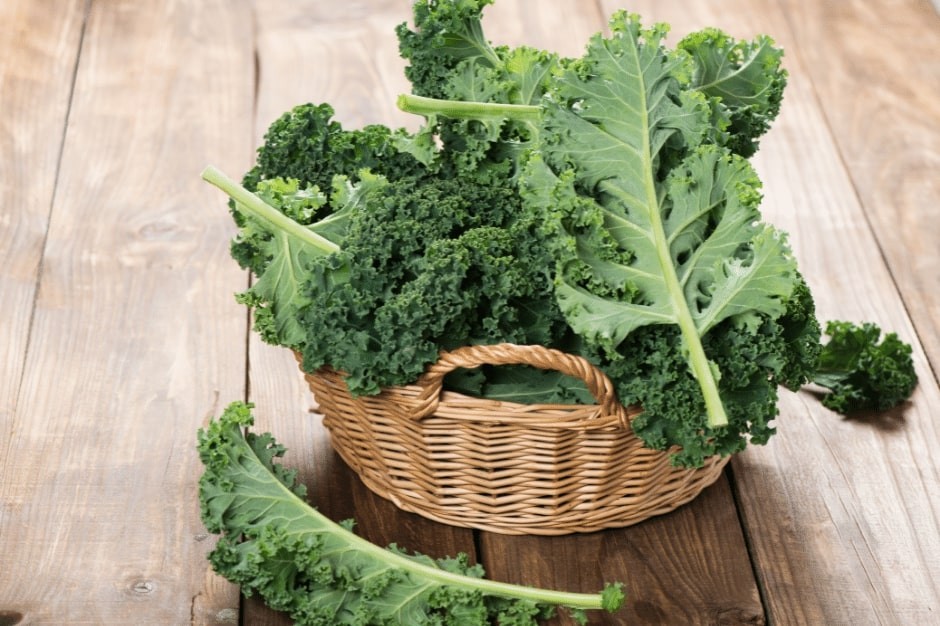
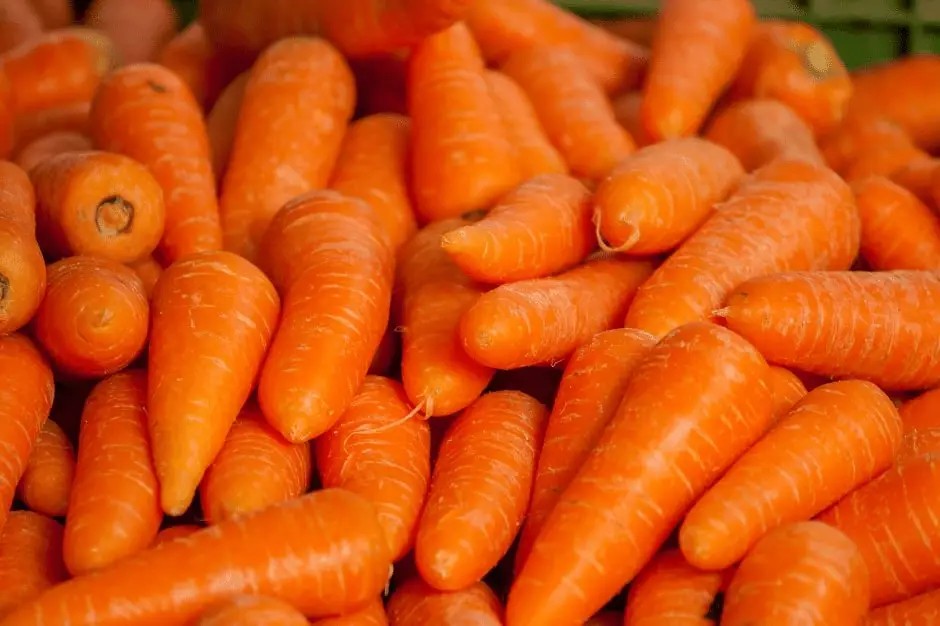

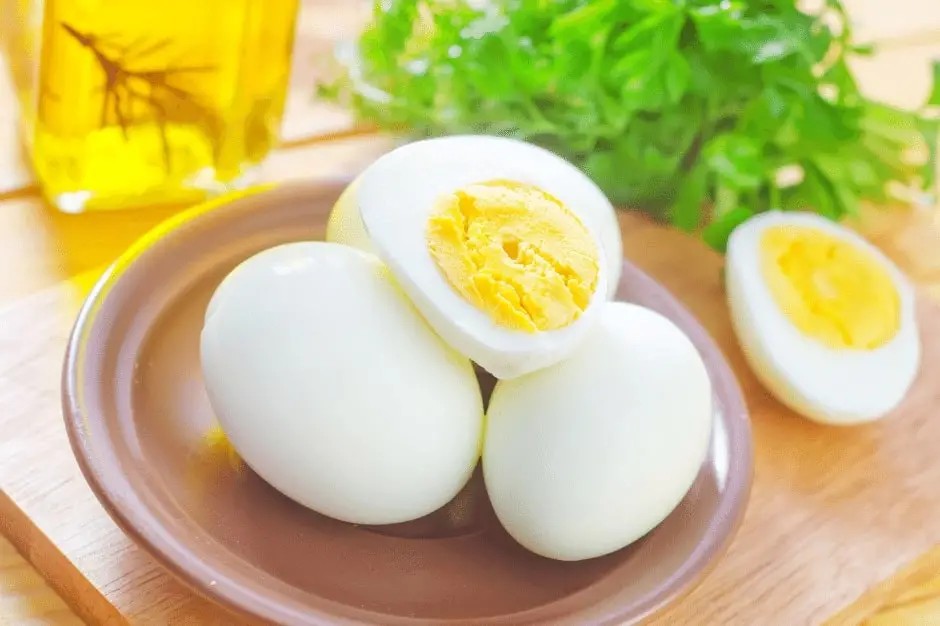
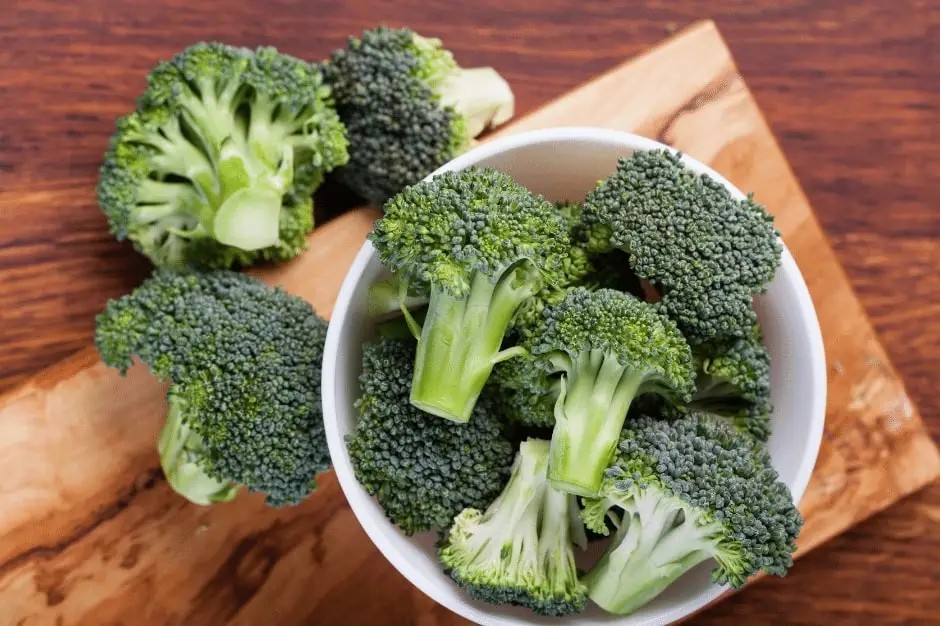
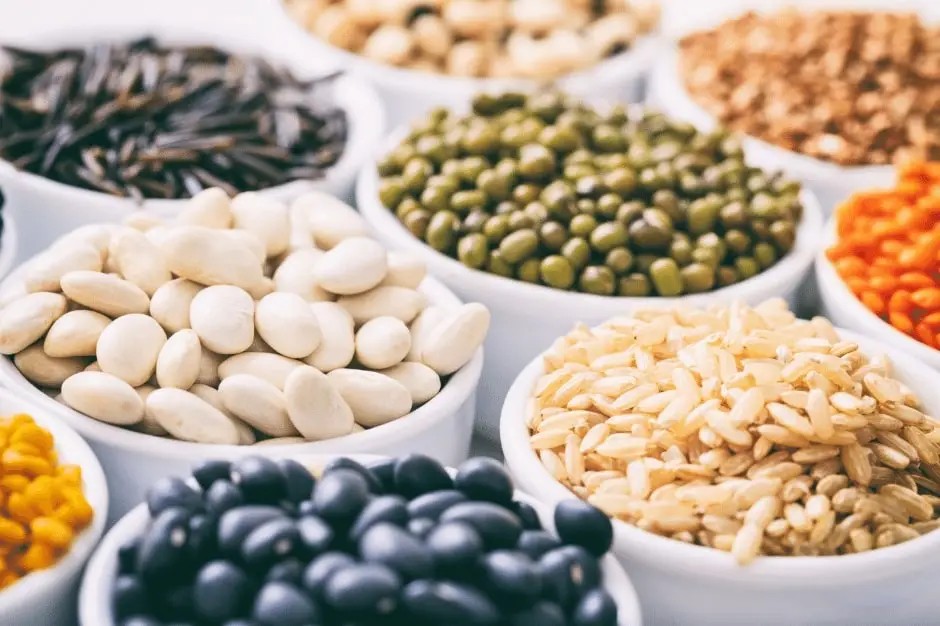
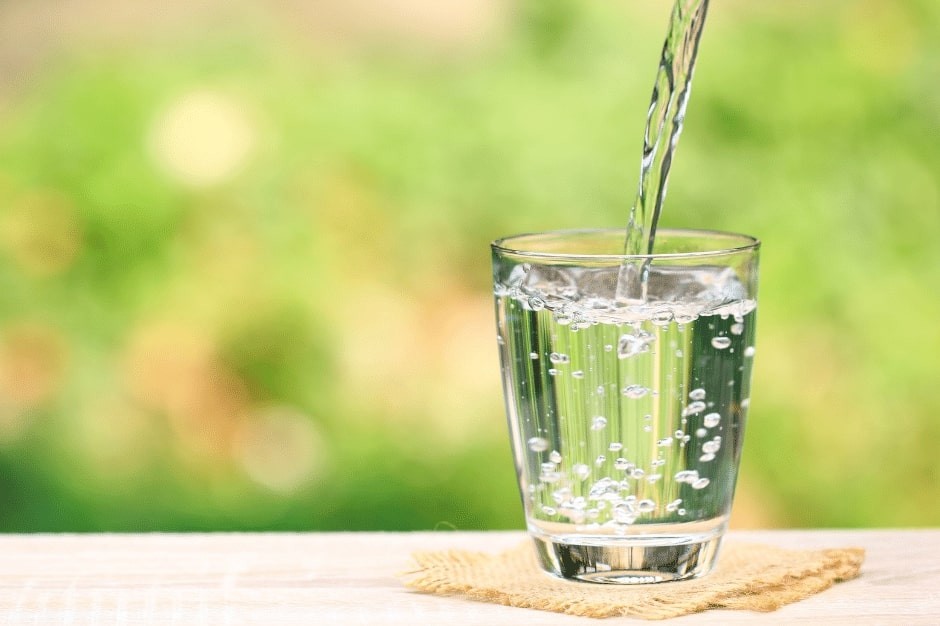
15. What Other Lifestyle Changes Can Improve Eye Health?
Besides diet, several other lifestyle changes can significantly improve your eye health:
- Wear Sunglasses: Protect your eyes from harmful UV rays.
- Regular Eye Exams: Check for early signs of eye disease.
- Wash Hands: Prevent infections when handling contacts or eye makeup.
- Wear Protective Gear: Protect your eyes from chemicals.
- Limit Contact Lens Use: Avoid over wearing to prevent irritation.
- Take Breaks from Screens: Reduce eye strain by looking away regularly.
16. How Does Excessive Screen Time Affect Eye Health and What Can I Do?
Excessive screen time can lead to digital eye strain, characterized by dry eyes, blurred vision, and headaches. According to the American Optometric Association, the blue light emitted from screens can also potentially damage retinal cells over time.
To mitigate these effects:
- Follow the 20-20-20 Rule: Every 20 minutes, look at something 20 feet away for 20 seconds.
- Use Blue Light Filters: Many devices have built-in filters or you can use apps to reduce blue light emission.
- Adjust Screen Settings: Lower the brightness and increase the contrast for more comfortable viewing.
- Blink Frequently: Consciously blink more often to keep your eyes lubricated.
- Use Artificial Tears: Over-the-counter eye drops can help alleviate dry eye symptoms.
17. Are There Specific Exercises That Can Improve Eye Health and Vision?
While eye exercises cannot correct refractive errors like nearsightedness or astigmatism, they can help alleviate eye strain and improve focus. Some popular exercises include:
- Focus Switching: Hold a finger a few inches from your eyes, focus on it, then switch focus to a distant object. Repeat several times.
- Eye Rolling: Gently roll your eyes in a circular motion, both clockwise and counterclockwise.
- Blinking Exercises: Consciously blink rapidly for a few seconds to lubricate your eyes.
- Figure Eight: Imagine a figure eight in front of you and trace it with your eyes.
Regularly performing these exercises can help improve eye muscle flexibility and reduce eye fatigue.
18. How Do Antioxidants Protect Eye Health and Which Foods Are Rich in Them?
Antioxidants protect eye health by neutralizing free radicals, unstable molecules that can damage cells and contribute to age-related eye diseases like AMD and cataracts. Key antioxidants for eye health include:
- Vitamin C: Found in citrus fruits, berries, and peppers.
- Vitamin E: Found in nuts, seeds, and vegetable oils.
- Lutein and Zeaxanthin: Found in dark leafy greens, eggs, and corn.
- Beta-Carotene: Found in carrots, sweet potatoes, and other orange-colored fruits and vegetables.
Incorporating a variety of antioxidant-rich foods into your diet can help maintain healthy vision and protect against age-related eye problems.
19. What Is the Role of Lutein and Zeaxanthin in Preventing Macular Degeneration?
Lutein and zeaxanthin are carotenoids that accumulate in the retina and lens of the eye, where they act as natural sunblock, filtering harmful high-energy blue light. This helps protect the macula, the central part of the retina responsible for detailed central vision.
Studies have shown that higher intakes of lutein and zeaxanthin are associated with a lower risk of developing AMD, the leading cause of vision loss in older adults. These nutrients help maintain the integrity of the macula and prevent oxidative damage.
Good sources of lutein and zeaxanthin include:
- Spinach
- Kale
- Collard Greens
- Eggs
- Corn
20. How Can I Create a Balanced Meal Plan That Prioritizes Eye Health?
Creating a balanced meal plan that prioritizes eye health involves incorporating a variety of nutrient-rich foods from all food groups. Here’s a sample plan:
- Breakfast: Oatmeal with berries and chia seeds, plus a handful of almonds.
- Lunch: Salad with grilled chicken or tofu, mixed greens, carrots, red peppers, and a light vinaigrette.
- Dinner: Baked salmon with steamed broccoli and sweet potato.
- Snacks: Carrots with hummus, Greek yogurt with fruit, or a handful of mixed nuts and seeds.
Ensure that each meal includes a good source of protein, healthy fats, and plenty of fruits and vegetables to provide a wide range of vitamins, minerals, and antioxidants essential for eye health.
21. What Are Some Quick and Easy Recipes for Eye-Healthy Meals and Snacks?
Here are a few quick and easy recipes to boost your eye health:
- Spinach and Egg Scramble: Sauté spinach with garlic, then add scrambled eggs and cook until set.
- Carrot and Ginger Soup: Blend cooked carrots with ginger, vegetable broth, and a touch of coconut milk.
- Berry Smoothie: Blend mixed berries, spinach, banana, almond milk, and chia seeds for a quick and nutritious breakfast or snack.
- Tuna Salad Lettuce Wraps: Mix tuna with avocado, red onion, and lemon juice, then serve in lettuce cups.
These recipes are simple to prepare and packed with nutrients that support optimal eye health.
22. What Are the Signs of Nutrient Deficiency Affecting Eye Health and When Should I See a Doctor?
Signs of nutrient deficiency affecting eye health can include:
- Night Blindness: Difficulty seeing in low light.
- Dry Eyes: Persistent dryness and irritation.
- Blurred Vision: Unexplained changes in visual acuity.
- Cataracts: Clouding of the lens of the eye.
- Macular Degeneration: Loss of central vision.
If you experience any of these symptoms, it’s important to consult an eye doctor for a comprehensive eye exam. They can assess your eye health and recommend appropriate treatment or dietary changes.
23. Can Eye Health Supplements Replace a Healthy Diet?
While eye health supplements can provide additional nutrients, they are not a replacement for a healthy diet. A balanced diet rich in a variety of fruits, vegetables, and other nutrient-dense foods provides a wider range of vitamins, minerals, and antioxidants that work synergistically to support overall health, including eye health.
Supplements can be beneficial for individuals with specific nutrient deficiencies or those at high risk of developing eye diseases, but they should be used in conjunction with a healthy diet, not as a substitute. Always consult with a healthcare professional before starting any new supplement regimen.
24. How Can I Encourage My Family to Adopt Eye-Healthy Eating Habits?
Encouraging your family to adopt eye-healthy eating habits can be fun and rewarding. Here are some tips:
- Lead by Example: Make healthy choices yourself and let your family see you enjoying them.
- Involve Kids in Meal Planning: Let children help choose fruits and vegetables at the grocery store and assist with meal preparation.
- Make Healthy Foods Accessible: Keep a bowl of fresh fruits and vegetables on the counter for easy snacking.
- Get Creative with Recipes: Find new and exciting ways to incorporate eye-healthy foods into your meals.
- Educate Your Family: Explain the benefits of eating for eye health in a way that everyone can understand.
By making small, gradual changes and focusing on the positive aspects of healthy eating, you can help your family develop lifelong habits that support optimal eye health.
25. What are the Long-Term Benefits of Maintaining Good Eye Health Through Diet?
Maintaining good eye health through diet offers numerous long-term benefits, including:
- Reduced Risk of Eye Diseases: Lower chance of developing AMD, cataracts, and glaucoma.
- Improved Vision: Sharper and clearer sight throughout your life.
- Better Overall Health: A diet rich in eye-healthy nutrients also supports cardiovascular health, brain function, and immune system strength.
- Enhanced Quality of Life: Maintaining good vision allows you to enjoy activities and hobbies without limitations.
- Greater Independence: Preserving your eyesight can help you maintain independence and mobility as you age.
Prioritizing eye health through diet is an investment in your long-term well-being and can help you enjoy a vibrant and fulfilling life.
26. How Can I Stay Updated on the Latest Research and Recommendations for Eye Health?
Staying informed about the latest research and recommendations for eye health is essential for making informed decisions about your diet and lifestyle. Here are some resources:
- FOODS.EDU.VN: Provides comprehensive articles and recipes on eye-healthy foods and nutrients.
- American Academy of Ophthalmology: Offers the most recent news and research on eye health.
- National Eye Institute: Provides research-based information and resources.
- Medical Journals: Read publications like the American Journal of Clinical Nutrition and Archives of Ophthalmology for in-depth studies.
By consulting these sources regularly, you can stay up-to-date on the latest advancements in eye health and make evidence-based choices to support your vision.
27. What Are Some Common Misconceptions About Eye Health and Diet?
There are several common misconceptions about eye health and diet that can lead to confusion and poor choices. Here are a few:
- Misconception: Eating carrots will give you perfect vision.
- Fact: Carrots are good for eye health due to their beta-carotene content, but they won’t correct refractive errors or cure eye diseases.
- Misconception: Eye health supplements are all you need for good vision.
- Fact: Supplements can be beneficial, but they are not a substitute for a balanced diet and healthy lifestyle.
- Misconception: Only older people need to worry about eye health.
- Fact: Eye health is important at all ages. Protecting your eyes from UV rays, maintaining a healthy diet, and getting regular eye exams are essential for everyone.
- Misconception: Staring at screens will permanently damage your eyes.
- Fact: While excessive screen time can cause eye strain and discomfort, it doesn’t typically cause permanent damage.
Being aware of these misconceptions can help you make informed choices and prioritize your eye health.
28. How Can I Adapt My Eye-Healthy Diet to Different Cultural Cuisines?
Adapting your eye-healthy diet to different cultural cuisines is easier than you might think. Focus on incorporating local ingredients that are rich in key nutrients for eye health. Here are a few examples:
- Mediterranean Cuisine: Incorporate plenty of olive oil, fish, and fresh vegetables.
- Asian Cuisine: Use dark leafy greens like bok choy and include fish in your diet.
- Indian Cuisine: Add spinach and lentils to your meals.
By exploring different cultural cuisines, you can discover a variety of delicious and nutritious ways to support your eye health.
29. What Are the Best Cooking Methods for Preserving Nutrients in Eye-Healthy Foods?
The way you cook your food can affect the nutrient content. Here are some of the best cooking methods for preserving nutrients in eye-healthy foods:
- Steaming: Helps retain vitamins and minerals in vegetables.
- Roasting: Enhances the flavor of vegetables while preserving nutrients.
- Grilling: A great way to cook lean meats and fish without adding extra fat.
- Sautéing: Use a small amount of healthy oil to cook vegetables quickly.
- Microwaving: A quick and efficient way to cook vegetables while retaining nutrients.
Avoid boiling vegetables for extended periods, as this can leach out important water-soluble vitamins.
30. How Can I Encourage My Children to Eat More Eye-Healthy Foods?
Encouraging children to eat more eye-healthy foods requires creativity and patience. Here are some tips:
- Make it Fun: Cut fruits and vegetables into fun shapes or create colorful plates.
- Involve Them in Cooking: Let children help with meal preparation, such as washing vegetables or stirring ingredients.
- Offer Choices: Give children a choice between two healthy options, such as carrots or bell peppers.
- Be a Role Model: Let your children see you enjoying eye-healthy foods.
- Limit Processed Foods: Reduce the availability of sugary snacks and processed foods, which can crowd out healthier options.
By making healthy eating fun and engaging, you can help your children develop a lifelong love of nutritious foods.
Prioritizing what foods are good for your eyes through a balanced diet and healthy lifestyle is essential for maintaining good vision and reducing the risk of eye diseases. Remember to stay hydrated, protect your eyes from UV rays, and schedule regular eye exams.
Are you looking for more in-depth information on eye health and nutrition? Visit FOODS.EDU.VN at 1946 Campus Dr, Hyde Park, NY 12538, United States, or contact us via WhatsApp at +1 845-452-9600. Our website is packed with expert advice, delicious recipes, and the latest research to help you make informed choices for your eye health. Join our community today and start your journey to clearer, healthier vision. Explore our expert guidance at foods.edu.vn today.
FAQ: What Foods Are Good For Your Eyes?
1. What specific nutrients are most important for eye health?
Key nutrients include omega-3 fatty acids, lutein, zeaxanthin, vitamins C and E, and zinc. These nutrients help protect against age-related macular degeneration and cataracts.
2. Which fruits and vegetables are highest in lutein and zeaxanthin?
Dark leafy greens like spinach and kale, as well as corn and eggs, are excellent sources of lutein and zeaxanthin.
3. How do omega-3 fatty acids benefit eye health?
Omega-3 fatty acids help reduce the risk of dry eye syndrome and macular degeneration, promoting overall eye function.
4. Can eating carrots really improve my vision?
Carrots are high in beta-carotene, which helps with night vision, but they won’t correct refractive errors or cure eye diseases.
5. What role does zinc play in maintaining healthy eyes?
Zinc helps bring vitamin A from the liver to the retina, which is essential for producing melanin, a protective pigment.
6. Are there any specific foods that can prevent cataracts?
Foods rich in vitamin C, such as red peppers, strawberries, and cauliflower, can help lower the risk of cataracts.
7. How can I incorporate more eye-healthy foods into my diet?
Focus on adding a variety of fruits, vegetables, lean proteins, and healthy fats to your meals. Try recipes that include spinach, kale, salmon, and nuts.
8. Can supplements replace a healthy diet for eye health?
Supplements can be beneficial, but they should not replace a balanced diet. A healthy diet provides a wider range of nutrients that work together to support eye health.
9. What lifestyle changes can I make to improve my eye health?
Wear sunglasses to protect from UV rays, take breaks from screens, and get regular eye exams.
10. What are the early signs of nutrient deficiency affecting eye health?
Early signs include night blindness, dry eyes, and unexplained changes in vision. Consult an eye doctor if you experience these symptoms.